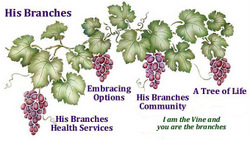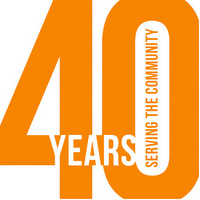Living out the gospel means desiring for one’s neighbor and neighbor’s family that which one desires for one’s self and family. Living out the gospel means bettering the quality of other people’s lives spiritually, physically, socially and emotionally as one betters one’s own. Living out the gospel means sharing in the suffering and pain of others.
How did Jesus love? “The Word became flesh and dwelt among us, and we beheld His glory as of the only begotten from the Father, full of grace and truth.” (Jn 1:14) Jesus relocated. He became one of us. He didn’t commute back and forth to heaven. Similarly, the most effective messenger of the gospel to the poor will also live among the poor that God has called the person to. A key phrase to understand relocation is incarnational ministry.
By relocating, a person will understand most clearly the real problems facing the poor; and then he or she may begin to look for real solutions. For example, if a person ministering in a poor community has children, one can be sure that person will do whatever possible to ensure that the children of the community get a good education. Relocation transforms “you, them, and theirs” to “we, us, and ours.” Effective ministries plant and build communities of believers that have a personal stake in the development of their neighborhoods.
Relocation is community based in the very essence of the word. There are three kinds of people who live in the community. First “relocators” are people who were not born there but moved into the neighborhood. Second, are the “returners.” These are the people born and raised in their community and then left for a better life. Usually they return from college or the military. They are no longer trapped by the surrounding poverty of their neighborhood. Yet, they choose to return and live in the community. Lastly are the “remainers.” These are the ones that could have fled the problems of their community but chose to stay and be part of the solution to the problems surrounding them.





